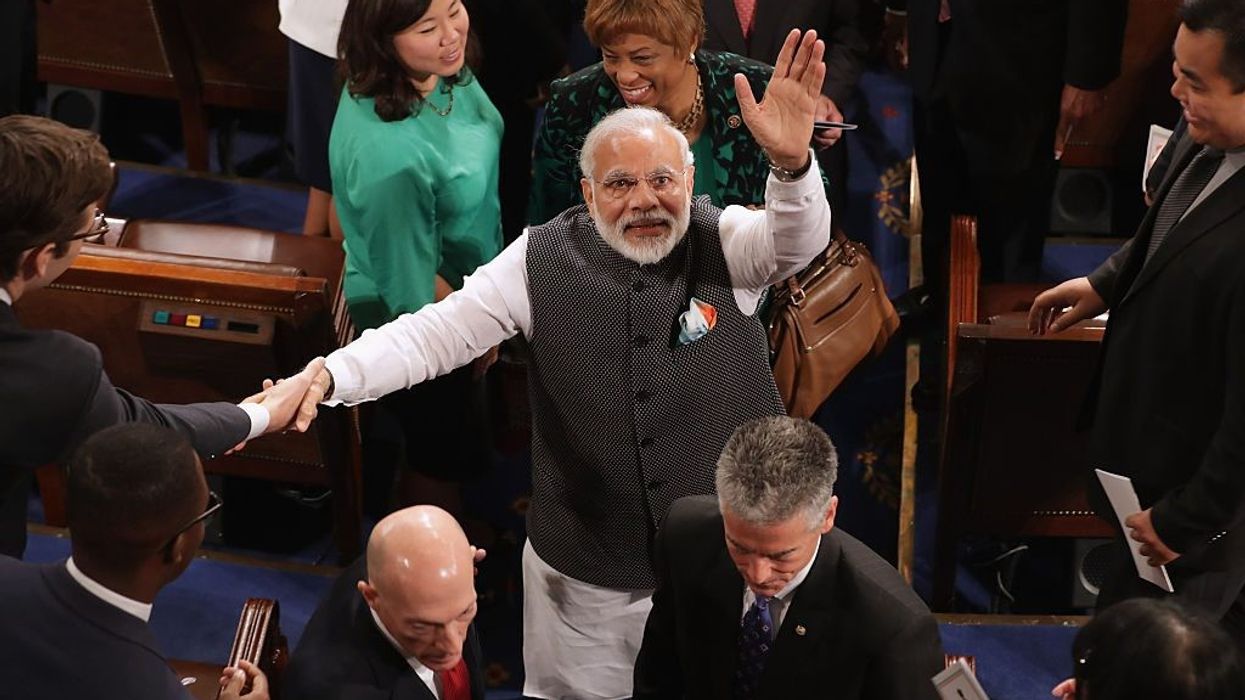The influential Congressional India Caucus co-chairs on Tuesday (23) urged house speaker Kevin McCarthy to invite prime minister Narendra Modi to address a joint session of the US Congress during his upcoming state visit.
“We respectfully request your consideration in inviting Modi for a joint address to Congress, thus highlighting the significance of the US-India strategic partnership and the shared values upon which it is built. On June 22, president Biden will host Modi for an official state visit and a state dinner,” Indian-American Congressman Ro Khanna from the Democratic Party and Congressman Michael Waltz from the Republican Party wrote to McCarthy.
The two lawmakers laid out the importance of strengthening the bilateral relationship between the United States and India, and the importance of highlighting the partnership by granting a joint address to the Congress.
“As state dinners have come to signify the President’s utmost respect for visiting heads of state, granting a joint address to the Congress is a commensurate honour for the leader of the world’s largest democracy and perhaps the most critical partner to countering China in the 21st century,” the lawmakers wrote.
Earlier this month, Khanna and Waltz had hosted a historic US-India Summit on the Hill featuring panels and remarks from government leaders, experts and Indian-American leaders from across the country.
Observing that the foundation of India-US partnership lies in the shared commitment to democracy and the upholding of a rules-based international system, they wrote with mutual interests in promoting global security, stability, and economic prosperity through trade, investment, and connectivity, the United States and India have forged a deep bond.
“The recent in-person bilateral meetings between President Biden and Prime Minister Modi have reaffirmed our dedication to a resilient international order that safeguards sovereignty, upholds democratic values, and promotes peace and prosperity for all,” they said.
“Furthermore, the Quadrilateral Security Dialogue, involving the United States, India, Japan, and Australia, has provided a platform for our countries to engage in meaningful discussions on shared regional and global security interests. The United States recognises and supports India’s emergence as a leading global power and a vital partner in safeguarding the Indo-Pacific region as a place of peace, stability, and growing prosperity,” Khanna and Waltz said.
If invited by McCarthy, this would be the second address by Modi to the joint session of the Congress, making him one of the few world leaders who had the opportunity to address American lawmakers twice.
(PTI)





